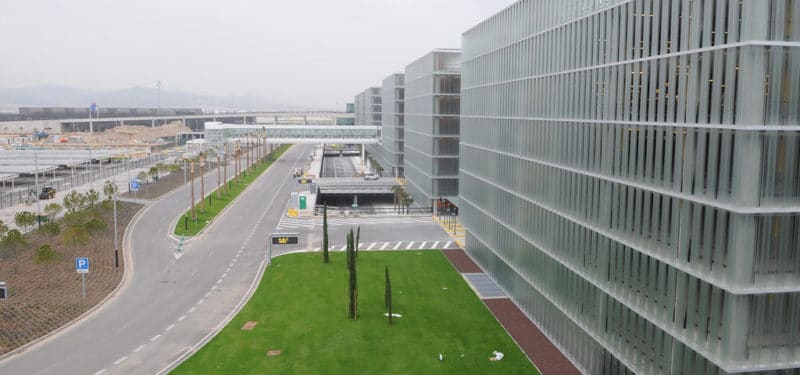
These are just a few links I use to find attractive day trips and activities in the area around Barcelona and beyond.
Meetups
These are meetup groups that organize one-day trips, and can serve as inspiration if you want to do your own trip with a rented car, or if you have your own transport.
- Plan B
- Enjoy Catalonia
- SMexperiences
- Yepalo
- Descubridores de Barcelona
- Nature & Friends
- Back to Nature
With Kids
Around Girona
My Favorite Trips
For adults or the whole family:
- Sitges
- Cardona Muntanya de Sal
- Hiking in Montserrat (or just visiting)
- Catalunya en Miniatura
- Wine tasting (there are many similar options)
For Kids:
- Toboganes Can Matas in Sant Cugat
- Parc de la Costeta in Begues (3 great slides)
- Granja D’Aventura Park (or other similar farms)
- Minilandia
- Cycling in El Prat








